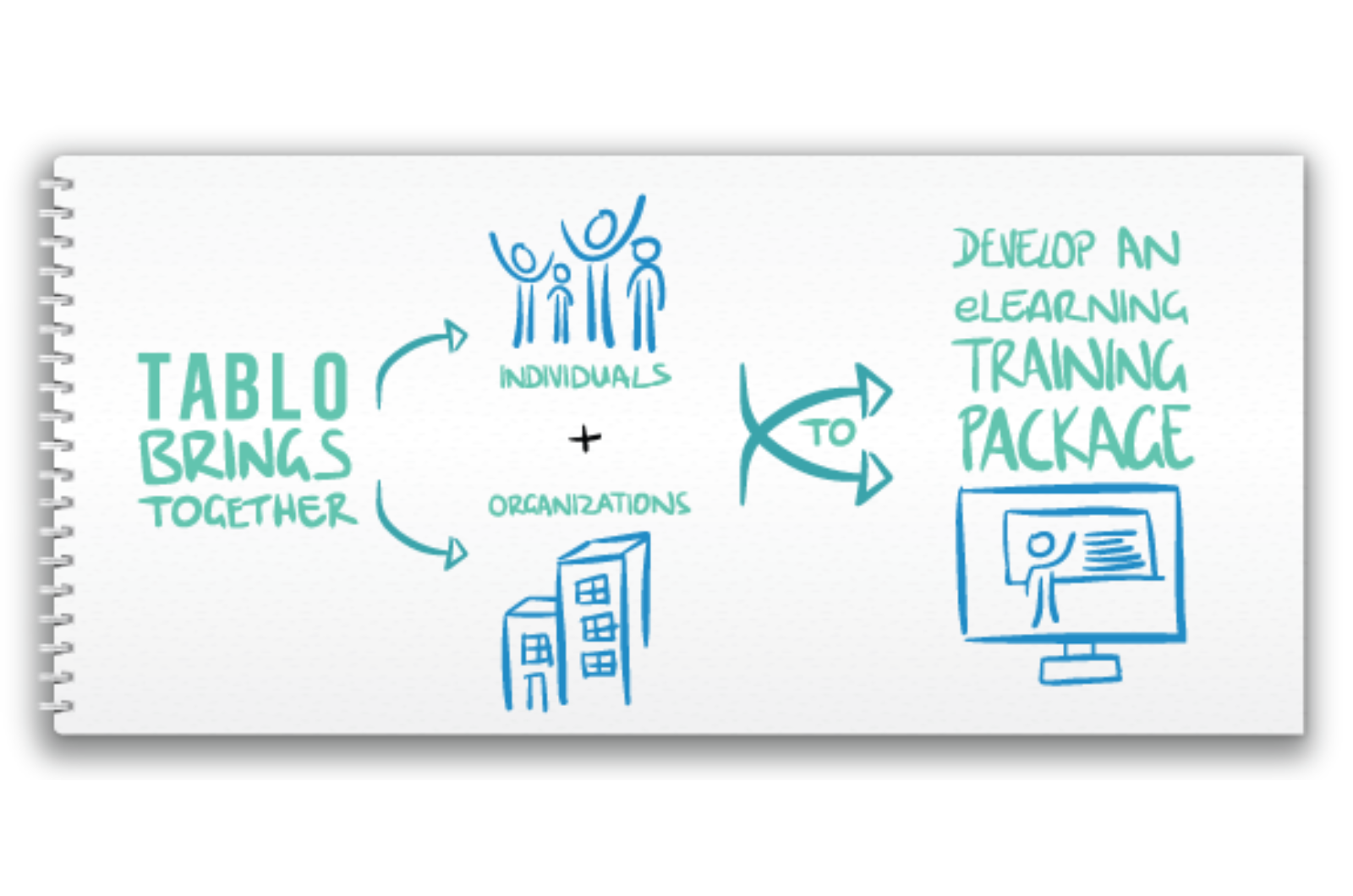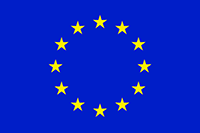TABLO
TABLO is a European project for creating a vocational training course that integrates arts therapy into the daily routines of those working with people with long-term conditions. TABLO brings together individuals and organizations from different EU countries to develop an e-learning training package. The wide range of specialization areas ensures that the package is applicable to people with a variety of conditions and across many different cultural settings. All the results of the project aim at promoting therapeutic environments through the use of the arts and a holistic approach to well-being. TABLO aims at building on the hands-on experience of arts facilitators from all around Europe, who have practical knowledge and skills in developing and delivering arts-based programs, in order to develop a comprehensive, professional training for the staff involved in such initiatives.
Arts and creativity represent valuable aids in improving overall well-being. While a wide range of creative arts initiatives have been employed to improve the health and mental health outcomes of individuals, little attention has been paid to the training of the facilitators delivering these programs.
Staff training is essential if these creative arts programs are to render positive health outcomes and follow ethical guidelines.
Therefore, the main aim of the project is to design an e-learning package of vocational training that will enable all staff working with patients with long term conditions to offer their patients arts based therapeutic activities. The consortium collaborated to create materials for the eLearning package of vocational training for staff working with patients with long-term conditions in how to use the arts as a therapeutic tool. This new learning package enables staff from a variety of professional backgrounds to include the arts as part of their therapeutic work and will thus enable more patients to be offered these options.
The specific objectives of the project were:
- To promote therapeutic environments through the use of the arts and a holistic approach to well-being.
- To develop an e-learning tool that will support staff to integrate the use of the arts in their day-to-day roles when caring for people with long-term conditions
Erasmus+ Project. This project has been funded with support from the European Commission
Main results and impacts produced by the initiative on the selected MESOC crossover themes
TABLO brings together individuals and organizations from different EU countries to develop an e-learning training package applicable to people with a variety of conditions and across many different cultural settings. The e-learning training package is intended for both health care professionals and family members to use in their daily roles assisting people of all ages with a variety of long term conditions. During the lifetime of the TABLO project, 116 care staff from seven countries shared their experiences and gained knowledge of how the arts can be used in different cultural and medical settings. Each member of TABLO also actively involved other organizations in the development of the training program, making maximum use of local expertise.
The TABLO database was the main outcome of the project and was the result of a long-term process of intercultural exchange and best practices experience sharing between practitioners from the countries. At the moment of its release, it was the first of its kind at the European level, being accessible to the people working in organizations which provide art-therapy services for patients with long term conditions.
Other relevant impacts
The added value of this project is that it draws on such a wide body of first-hand experience, and in designing the e-learning module ensures that it is able to be used by a wide range of professionals from a broad cultural and geographical context. This project therefore supports the development of high quality vocational education and training (VET) with a strong work-based learning component, involving strong partnerships between education and employment. Along the project numerous visits in the partner’s cities were undertaken and the experience sharing practices were really helpful for developing the e-learning online tool. Alongside this, TABLO is listed on the Digital Social Innovation platform, among other 1,498 projects and 2,302 organizations using digital technologies to tackle social challenges in areas ranging from healthcare and education to democracy and the environment.
Elements that contributed to the generation of these impacts
The importance and innovation of the project lies in the following aspects:
- It is specifically designed to be useful regardless of nationality or medical condition and it will bring benefits in three different ways:
- It improves the skills of the participants and increases their confidence in using the arts to holistically improve well-being
- The organizations that participate will become centers of excellence, with better skilled and more motivated staff
- Sufferers of long-term conditions will have access to a greater range of services aimed at improving their well-being. In addition, their participation in training seminars and community activities will have a positive impact on their self-esteem and self-confidence.
- The participation of the department of Public Health, Babes-Bolyai University in this project opened the perspective of the team to the possible benefit of art for health and made possible further collaborations with the Cluj Cultural Centre in other initiatives of this kind. As a result of this openness, a group of students of the department did their university practice at the Cluj Cultural Centre where they collaborated in undertaking a study. The study consisted in a needs assessment of the resident doctors at the Cluj County Emergency Hospital in relation to the design of a space for relaxation in the hospital premises dedicated to them.


